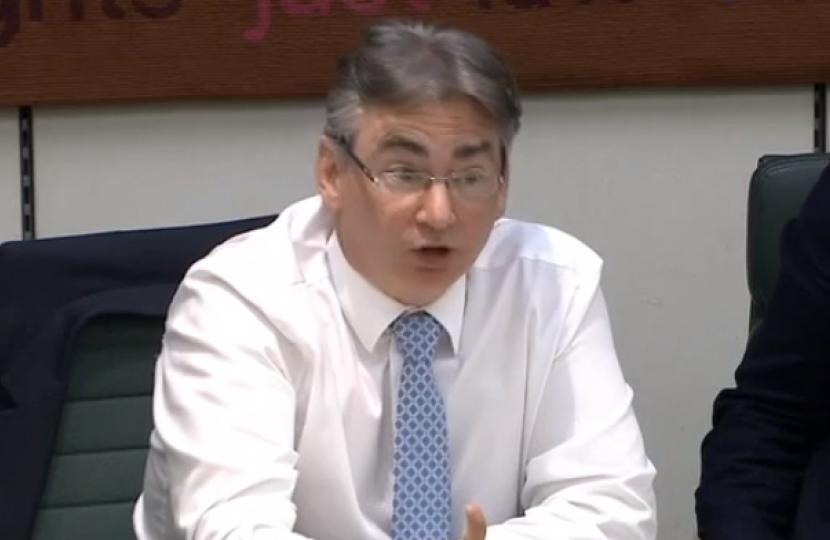

In January, I was elected by my fellow MPs to serve as the Chairman of Parliament’s Digital, Culture, Media, and Sport Select Committee.
This is a high-profile position, and I have written about some of my work with the DCMS Committee on many occasions in this column. But today I want to step back and explain how a Commons select committee works, and the important role they play in our democracy.
A select committee is composed of MPs from all the major parties in the House of Commons, with seats allocated in proportion to the balance of power in Parliament and filled by a vote of MPs. Chairs are allocated to each party in proportion to their strength in the House, and then elected by all MPs.
Each shadows the brief of a specific government department. In the case of my own committee this covers a huge range of issues from news and the media through charities to sport and the arts. On these areas, my colleagues and I regularly take evidence from Government ministers and scrutinise new laws and policies.
But our mandate is not restricted to the Government. We frequently call in external stakeholders to give evidence, including major corporate bosses, charity leaders, and other key decision-makers from the private sector.
The Committee also holds hearings for people who have been appointed to new public posts, and help to scrutinise quangos and arms-length bodies such as the Charity Commission and Arts Council England.
In this way we help to ensure proper parliamentary oversight of national life, and that MPs have the information they need to legislate effectively and hold both the Government and other major public bodies to account.
We also have a pro-active role. A key responsibility for select committees is undertaking inquiries into issues of public concern and producing reports which can help MPs and ministers to make better decisions.
In my time as Chair of the DCMS Committee we have already launched several such inquiries into issues as diverse as disinformation, public service broadcasting, and the impacts of Covid-19 on our cultural and charitable sectors.
